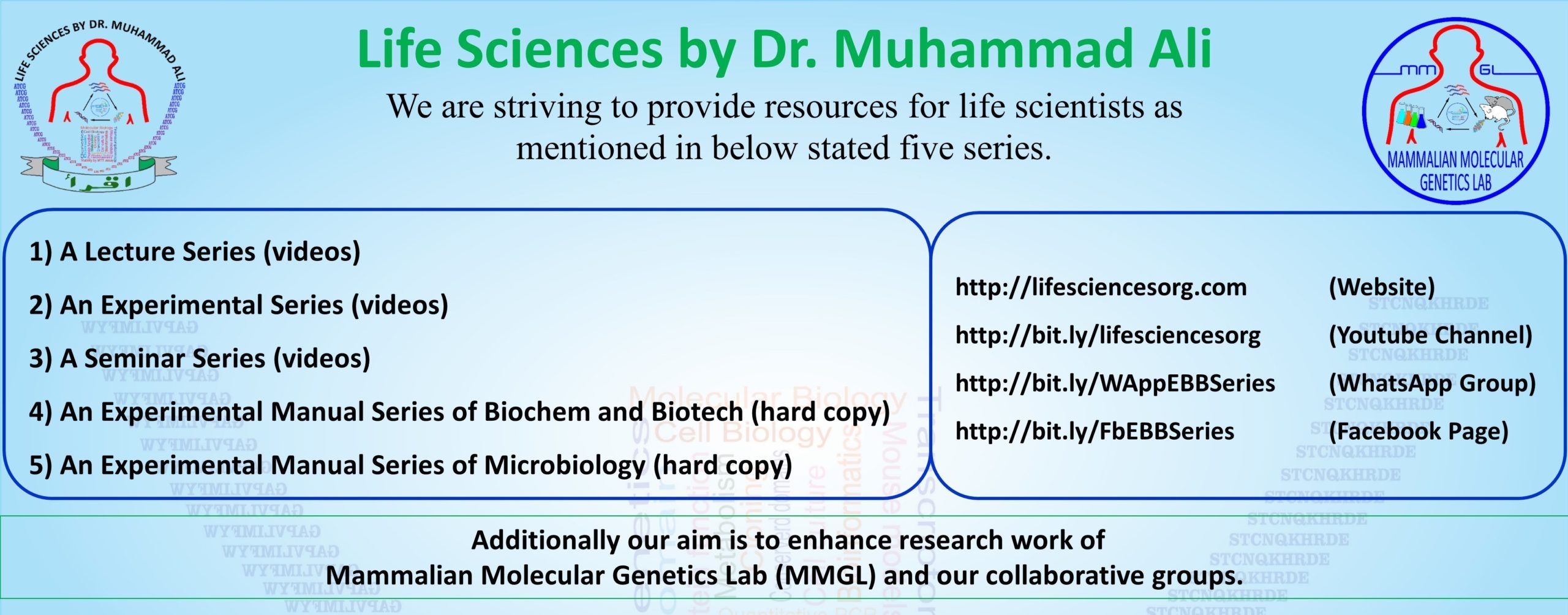
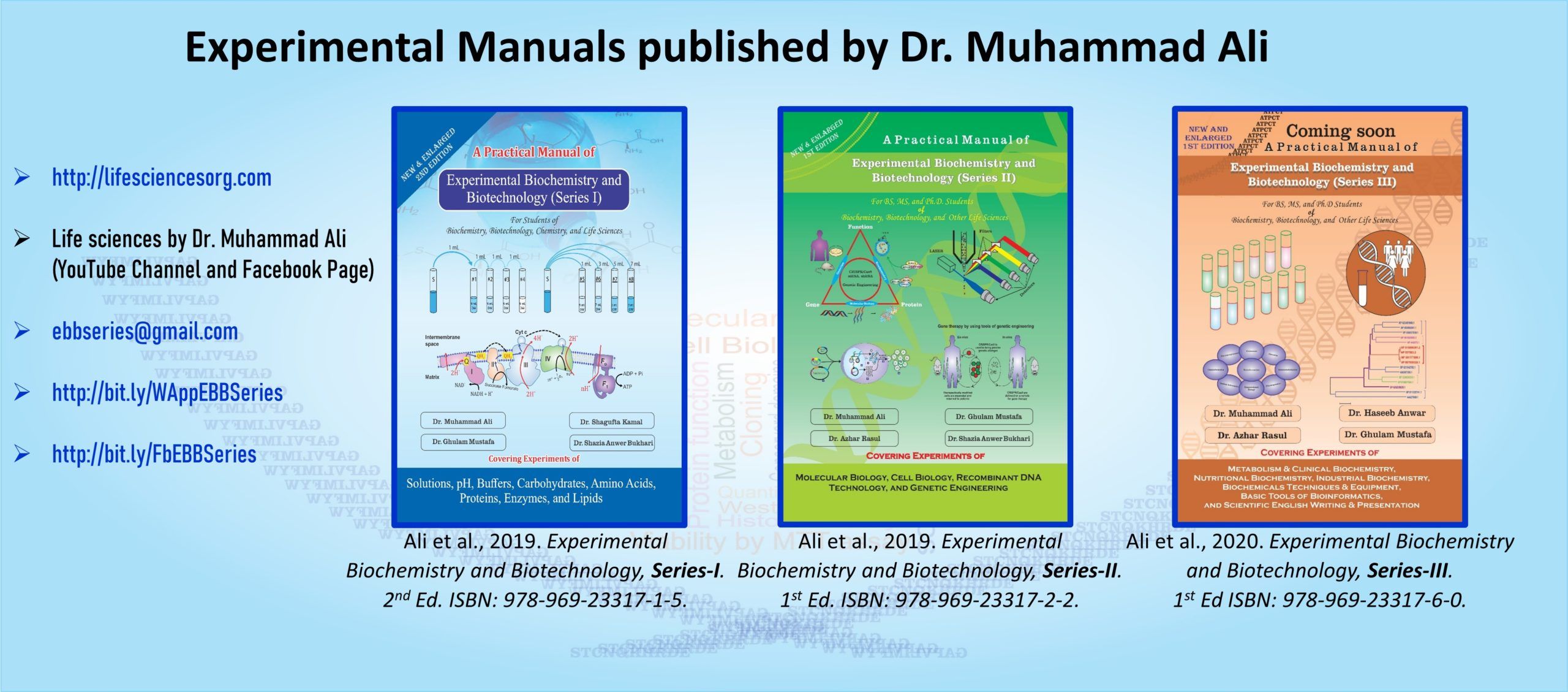
Research Activities of MMGL
Diversity of Research work starting from Biochemistry, Molecular Biology, Cell Biology, and invivo study is the beauty of MMGL
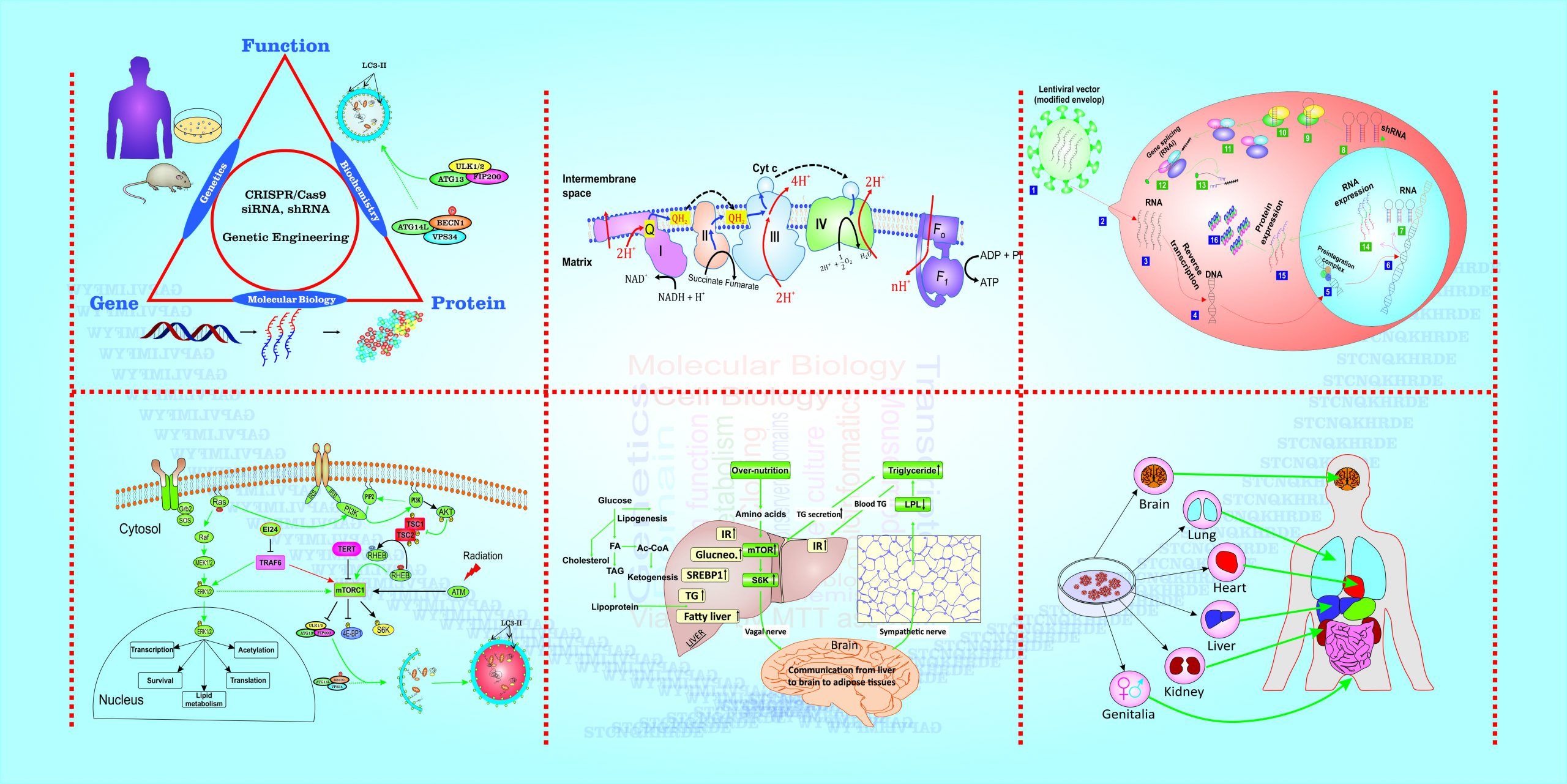
Experimental Biochemistry Series III (protocols)
We are about to launch Experimental Biochemistry and Biotechnology Series III
1) Metabolism & Clinical Biochemistry 31 experiments
2) Nutritional and Food Biochemistry 24 experiments
3) Industrial Biochemistry 15 experiments
4) Biochemical Techniques & Equipment 17 experiments
5) Plant Biochemistry 20 experiments

Our team is working to get excellence in different areas of life sciences
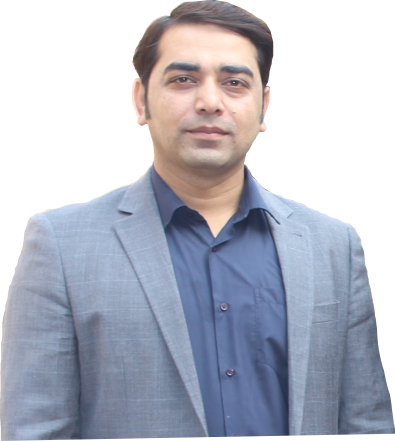
Dr. Muhammad Ali
Assistant Professor of Biochemistry Molecular and Cell Biology, University of Agriculture Faisalabad (UAF).
He floated the idea of series of experimental manuals , workshops, live seminars, lecture video, and experimental video. All these items are with trade name of life sciences by Dr. Muhammad Ali.

Dr. Imran Arshad
Associate Professor, Institute of Microbiology, University of Agriculture, Faisalabad. We aim to increase collaboration.
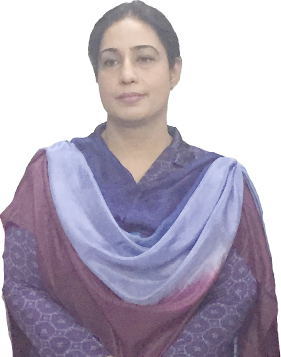
Prof. Dr. Shazia Anwer Bukhari
Chairperson, Department of Biochemistry, Government College University, Faisalabad (GCUF). She is collaborator of experimental manuals and publications. Moreover, Dr. Muhammad Ali is acting as supervisor 2 of some of her students. We aim to increase collaboration.
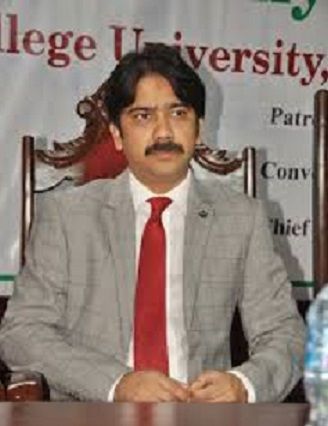
Dr. Haseeb Anwar
Chairperson, Department of Physiology, Government College University, Faisalabad (GCUF). He is our collaborator in experimental manuals and research publications.
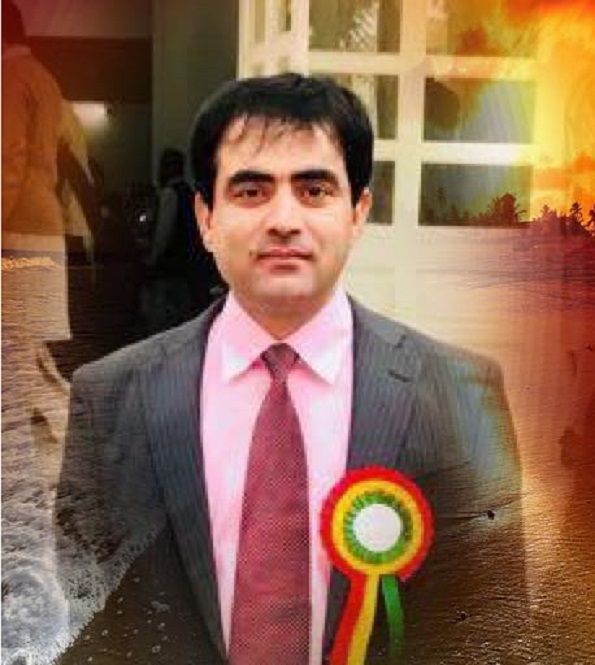
Dr. Azhar Rasul
Assistant Professor, Department of Zoology, Government College University, Faisalabad (GCUF).
He is co-author of experimental manuals. books, and research publications with Dr. Muhammad Ali.
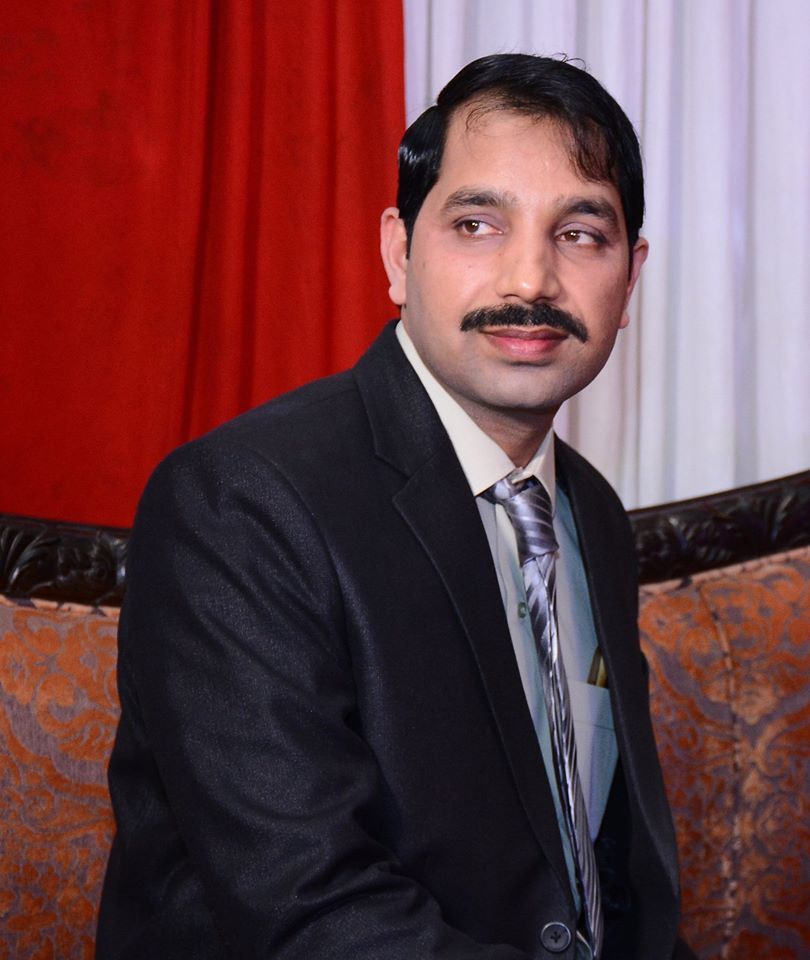
Dr. Ghulam Mustafa
Assistant Professor, Department of Biochemistry, Government College University, Faisalabad (GCUF).
He is co-author of experimental manuals and research publications with Dr. Muhammad Ali.
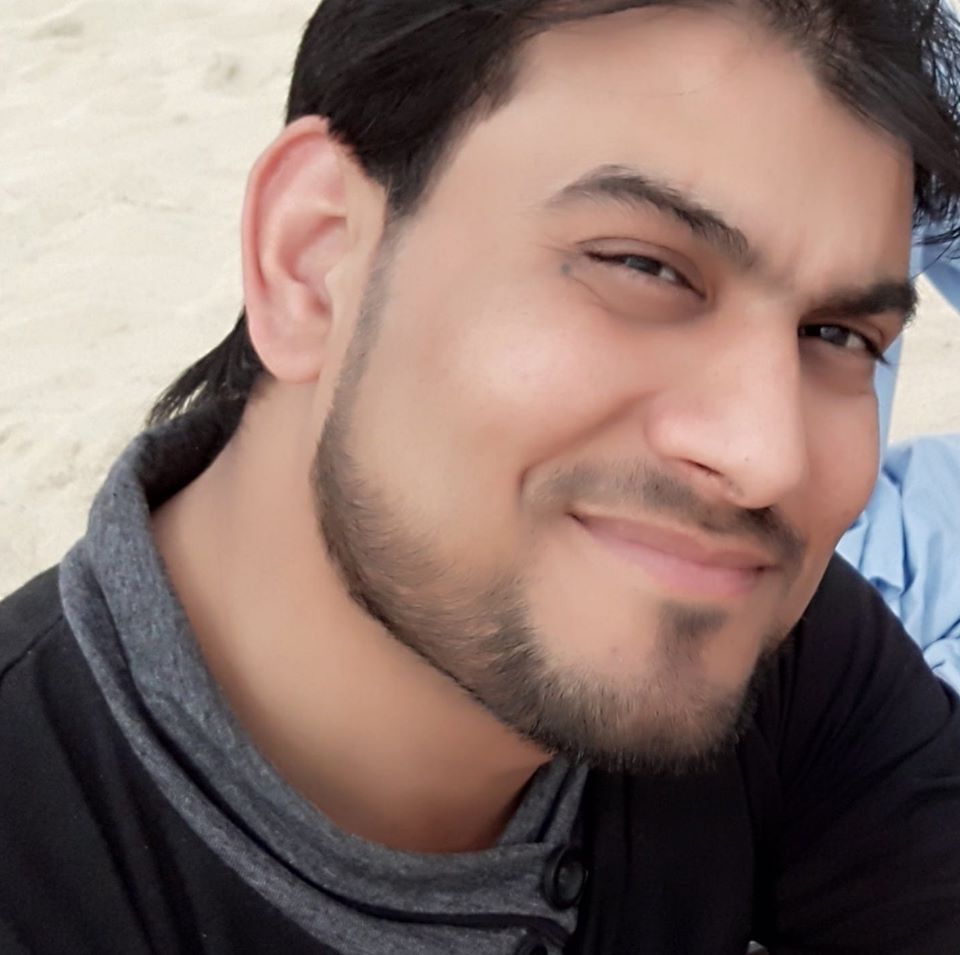
Dr. Sanaullah Sajid
He wass key person performing Corona Diagnostic testing at Institute of Microbiology, University of Agriculture Faisalabad (UAF).
He is colleague of Dr. Muhammad Ali in almost all areas of research activities.
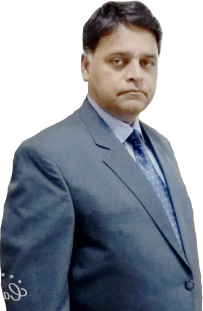
Prof. Dr. Sajjad-ur-Rahman
Ex Director, Institute of Microbiology, University of Agriculture, Faisalabad. He is co-author of research publications with Dr. Muhammad Ali. We aim to increase collaboration.
A glimpse of our work
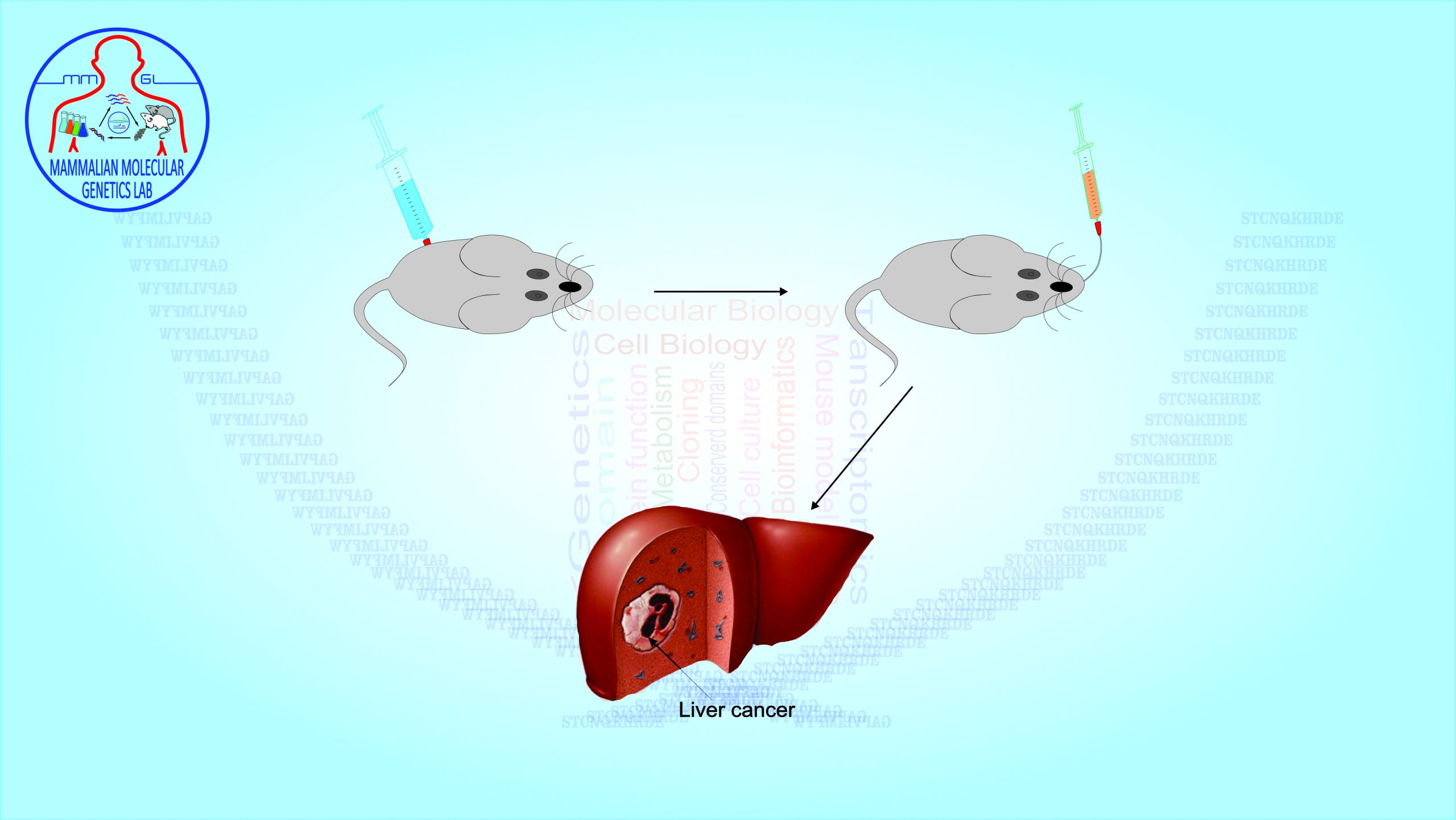
Mouse Models for Liver Injury
In the liver injury and liver cancer study, we inject natural bioactive compounds to mice. Then we inject APAP, ConA, or DEN for the induction of disease. Then we compare the protective effect of the bioactive compounds against the disease. We also use mouse models in diabetes related projects.
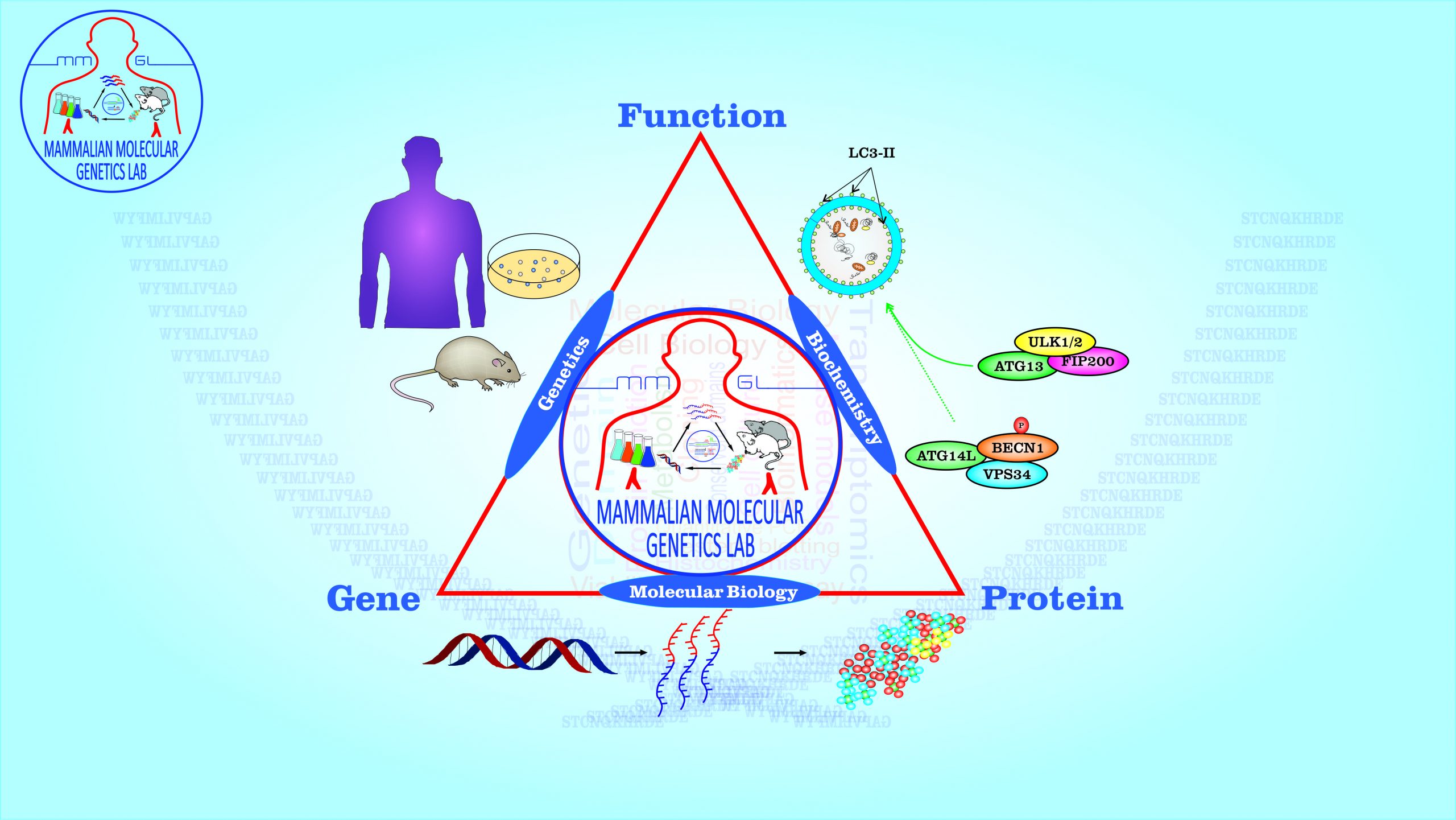
Biochemistry
We deal with the transcriptional and translational studies that determine the regulation of signaling pathways and cellular processes like autophagy. We utilized prokaryotic system, cell lines, mouse models, and human samples for our research work. We use tools of molecular biology to solve signalling pathways of diabetes, breast cancer, and liver injury.
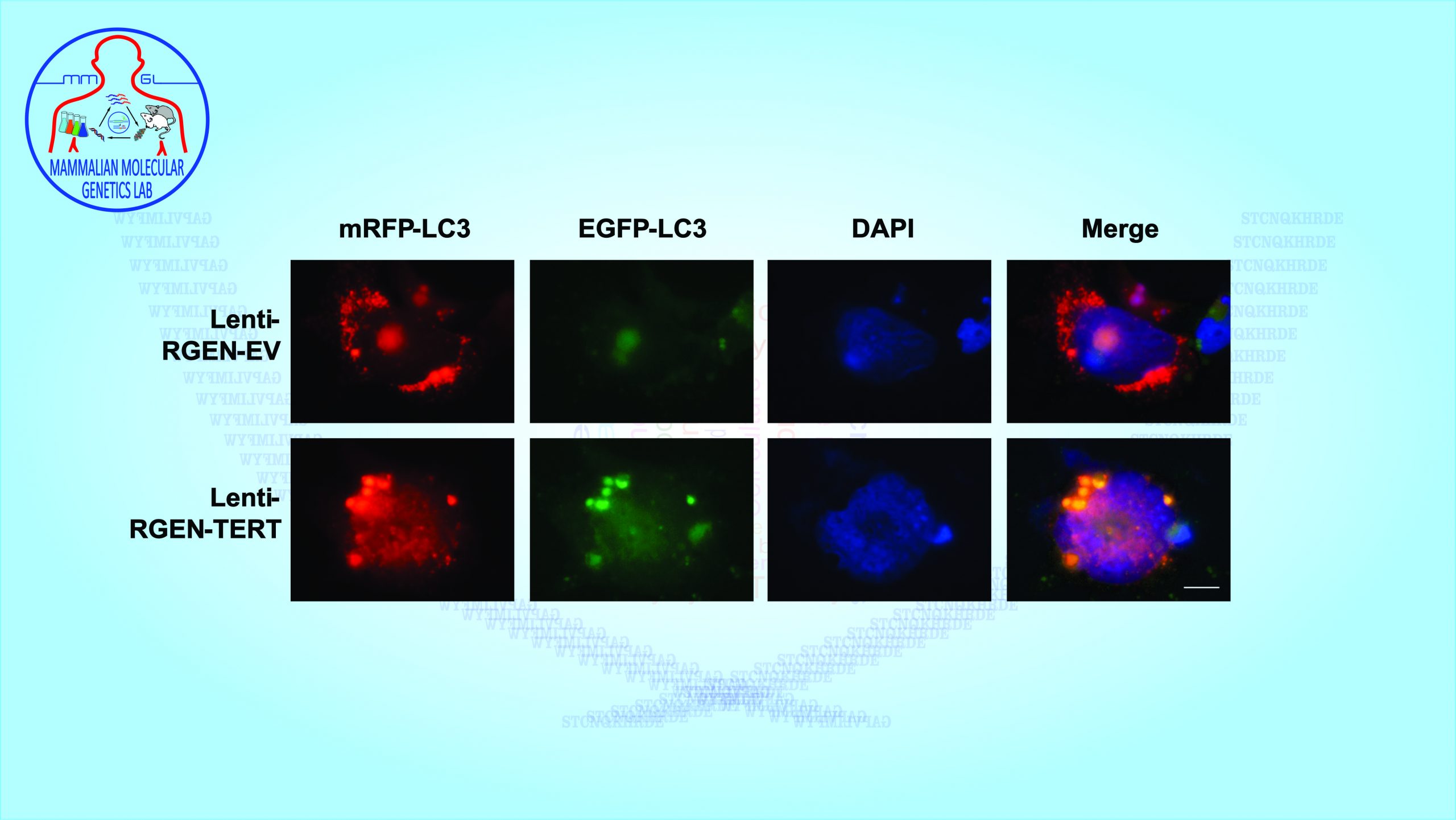
Immunocytochemistry
Seeing is believing! Protein interaction are found in MMGL by using IP-Western technology. To confirm the interaction of two proteins, we use immunocytochemistry (ICC) based assays. In the picture, yellow dots show excessive formation of LC3-puncta and induction of autophagy. Such techniques are used to find binding of proteins involved in diabetes, breast cancer, and liver injury.
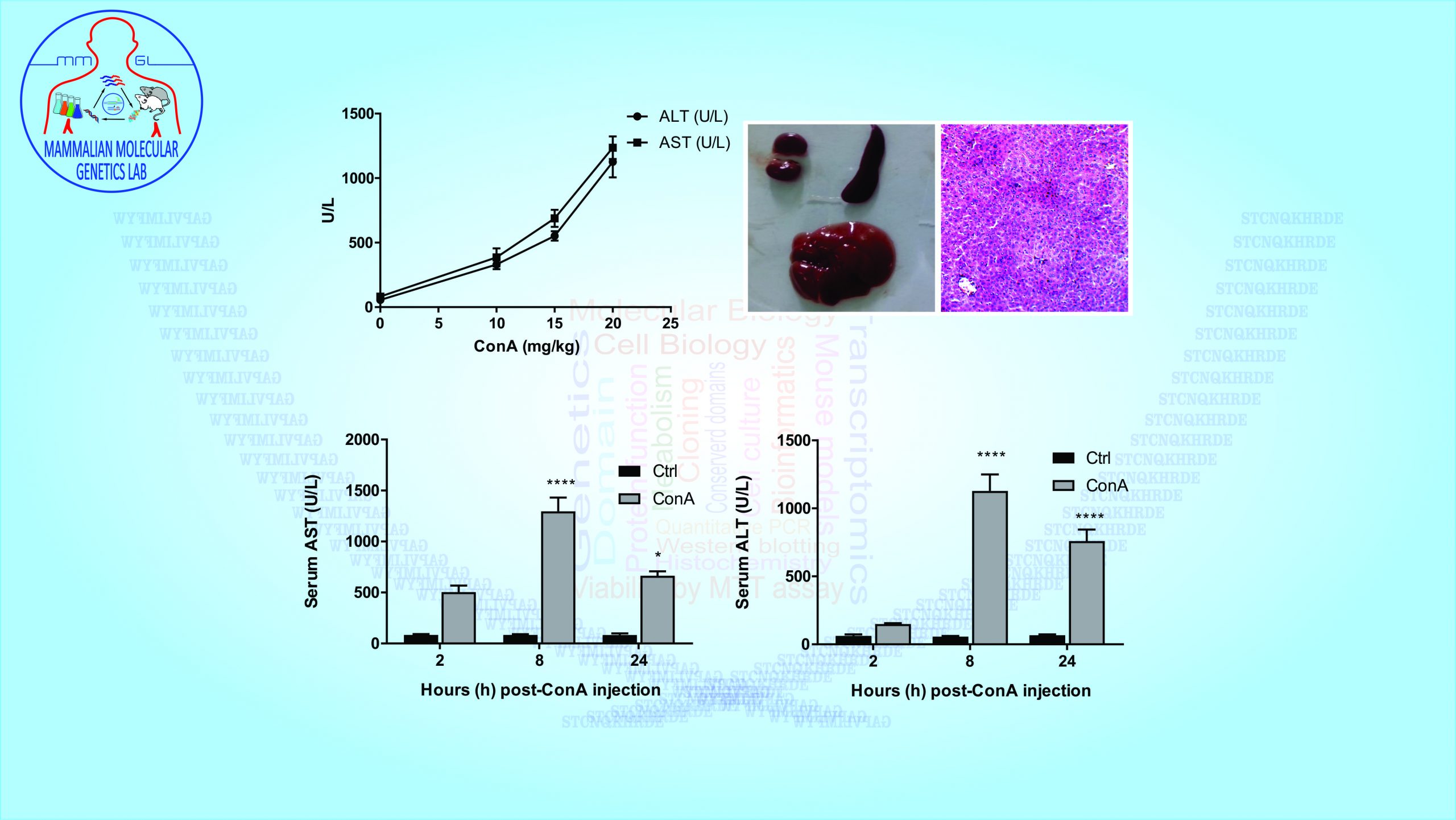
Biochemical and Hitopathological Assays
In the liver injury and liver cancer study, we inject natural bioactive compounds to mice. Then we inject APAP, ConA, or DEN for the induction of disease. Then we compare the protective effect of the bioactive compounds against the disease
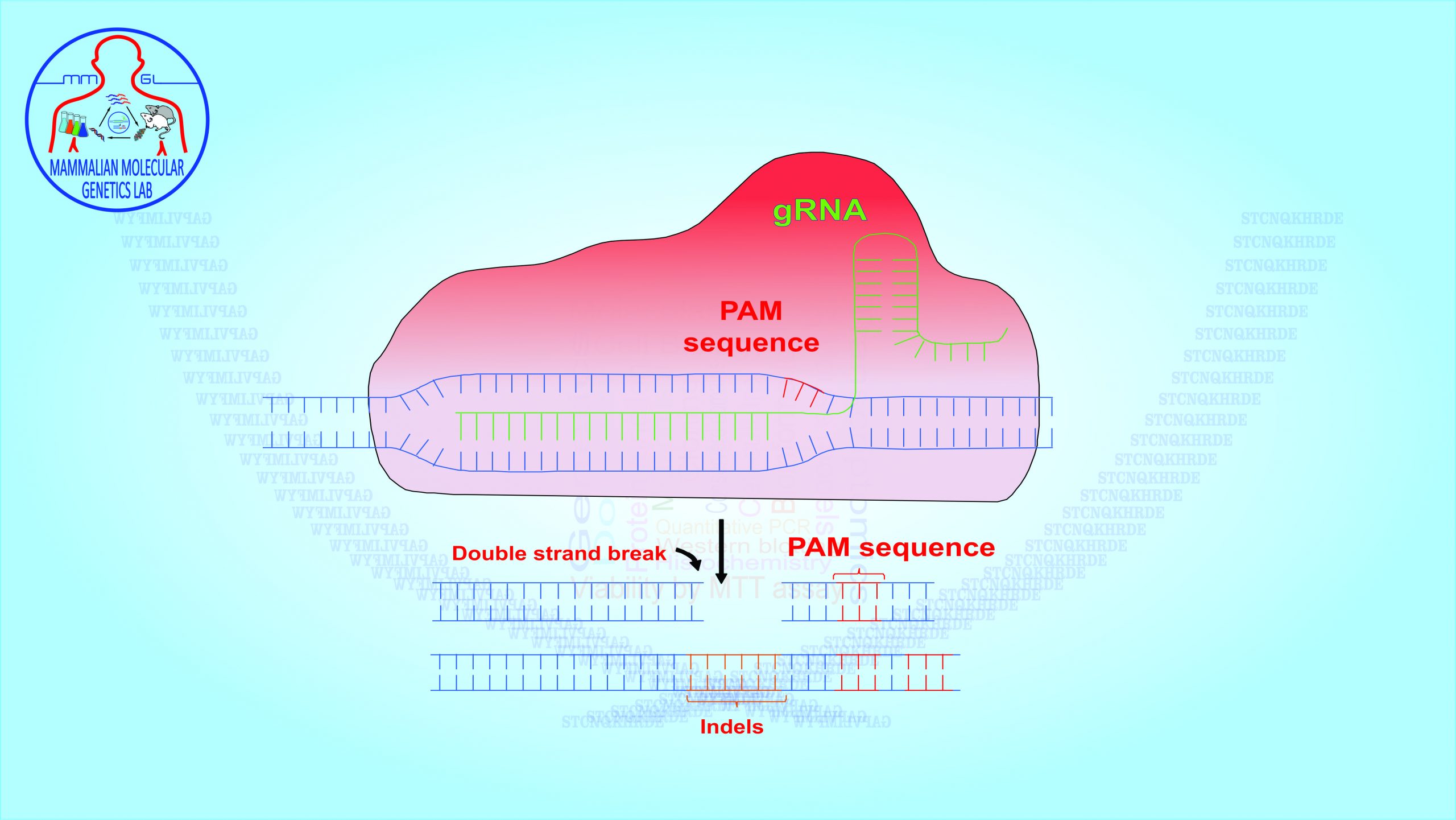
CRISPS/Cas9 for Genetic Engineering
In order to knockout a gene, we use CRISPR-based technology. In future, we hope to conduct a workshop on the designing and experimentation of CRISPR/Cas9 system. TO confirm function of a protein in diabetes, breast cancer, and liver injury, we knockout genes by this technology.
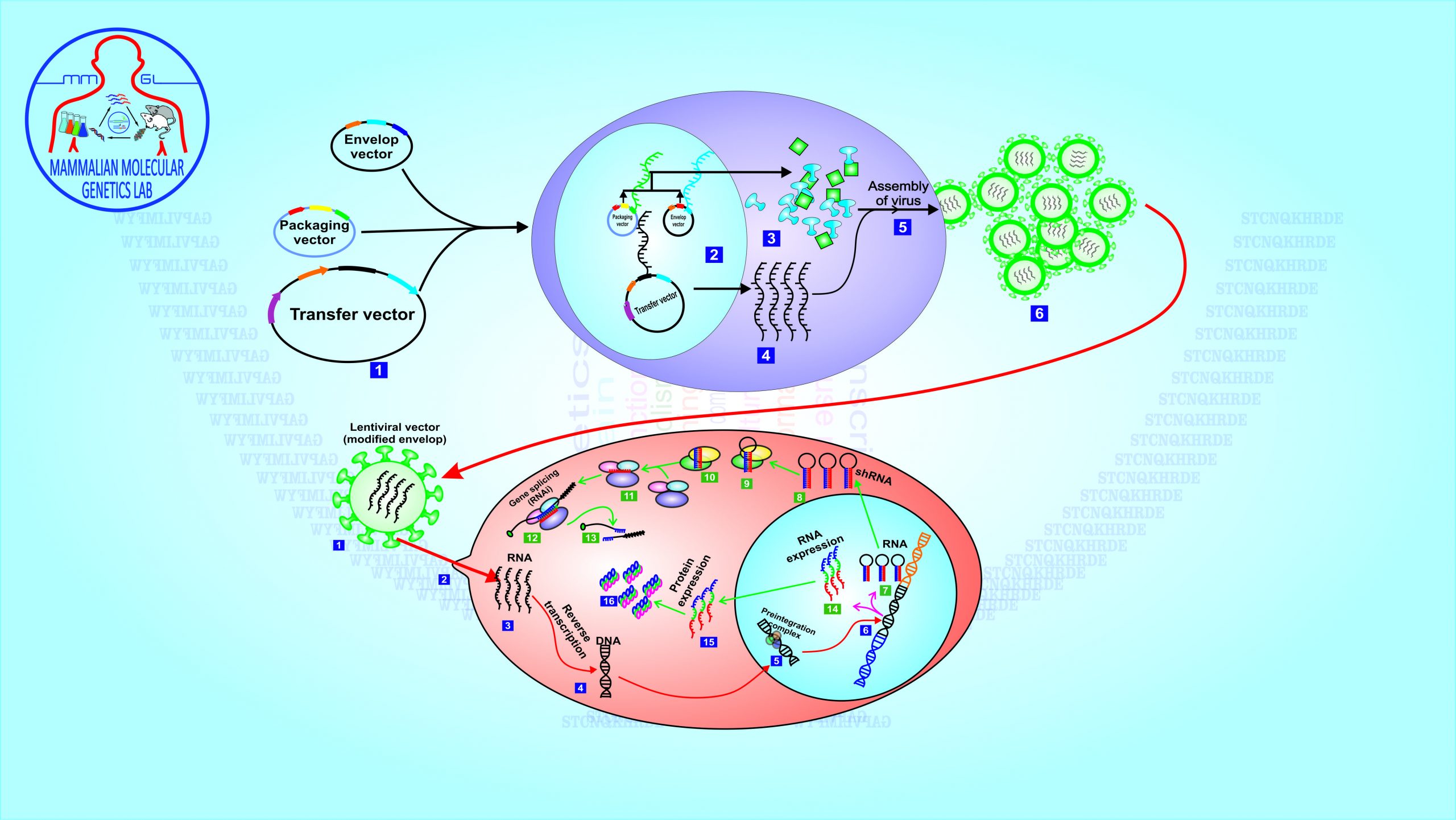
Virus Production and Infection
We generate specialized lentivirus viruses that can knockdown mRNA and can perform overexpression. This is very useful in Cell Biology. We generate viruses (above system) in 293T cell lines. The virus particles are capable to infect other cell lines to knockdown and overexpress proteins. Overexpresson and knockdown of proteins and mRNA is performed in the projects related to diabetes, breast cancer, and liver injury.
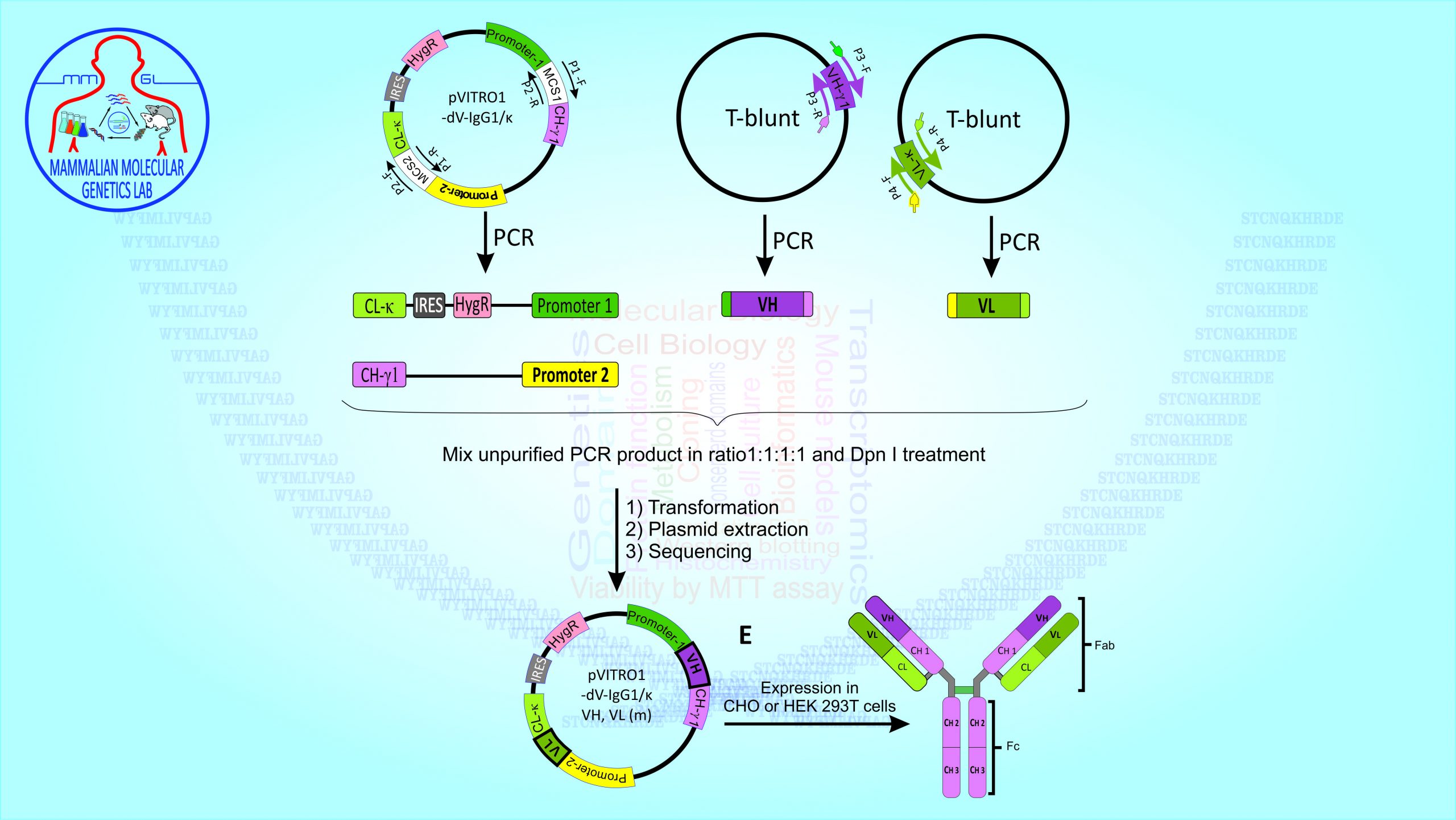
Recombinant Monoclonal Antibodies
We are working to prepare therapuetic monoclonal antibodies.
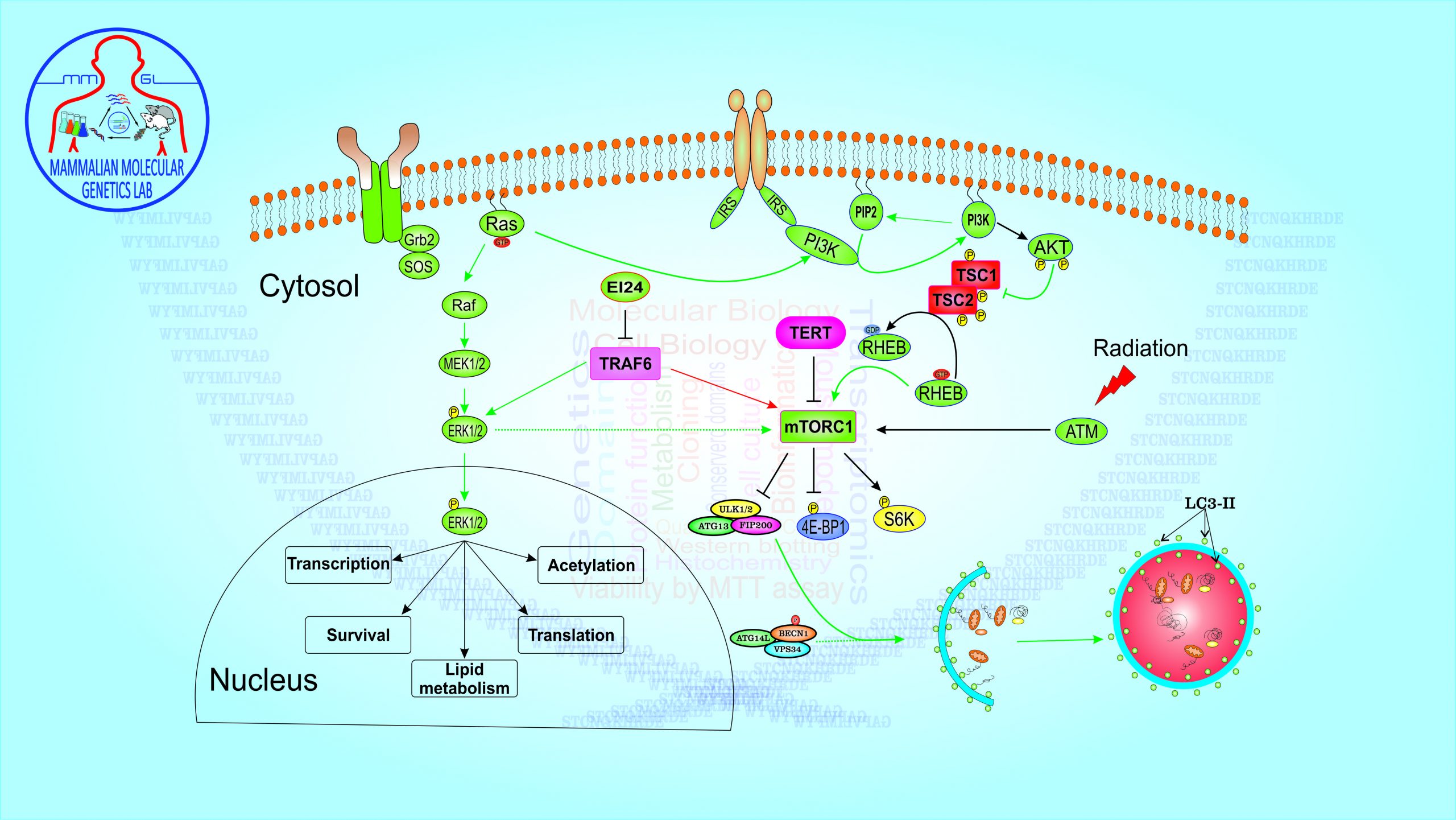
Signalling Pathways
Study of signalling pathway is speciality of MMGL.
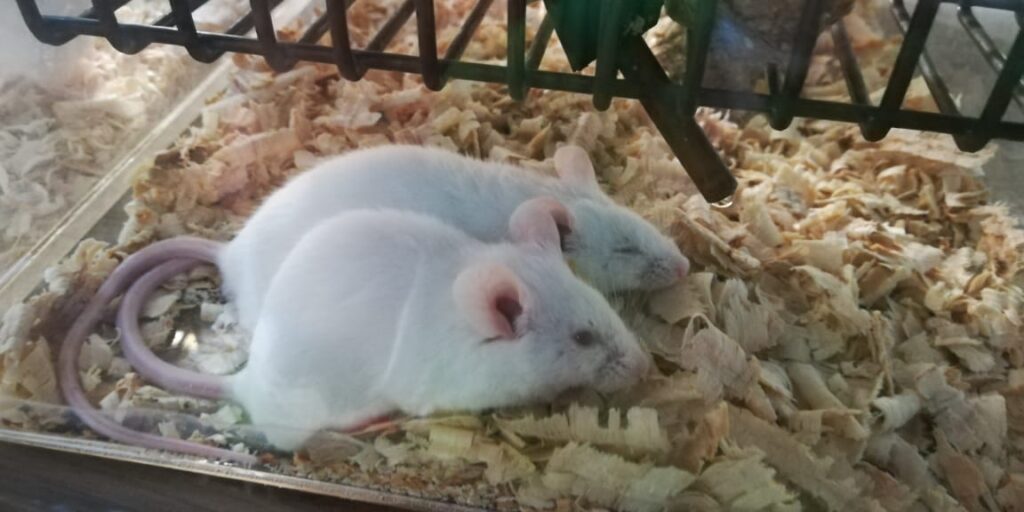
Mouse Model of Diabete
We are working to find candidate drugs to treat diabetes.
Dr. Muhammad Ali
Assistant Professor of Biochemistry, Molecular and Cell Biology
Current Position
1) Assistant Professor (Biochemistry, Molecular and Cell Biology)
University of Agriculture, Faisalabad
HEC Approved Supervisor:
HEC Approved Supervisor of Biological and Medical Sciences
Fields of Specialization:
Biochemistry, Cell Biology, Molecular Biology, Metabolism
I work on the following aspects (drugs, phytochemicals, metabolism, signaling pathway, mechanism, and in-vivo studies) of diseases:
1) Diabetes
2) Liver injury
3) Breast cancer
4) Production of recombinant monoclonal antibodies
5) Cancer cell lines, primary cell lines
6) Gene expression, protein expression, protein interactions
7) Protein degradation pathways
8) Mouse models of human diseases for in-vivo studies
9) Docking by MOE and basic tools of bioinformatics for recombinant DNA technology, primer designing
10) CRISPR/Cas9-mediated gene editing (knockout, cKO, and transgenic)
Gene Expression, Cell Signalling, Cancer Biology, Oncogenetics, Diabetes, Liver injury, CRISPR/Cas9, siRNA, Molecular Cloning, Gene Editing in Mice, Molecular Genetics, IHC, ICC, Flow cytometry
Diseases dealt in MMGL:
Diabetes, breast cancer, fatty liver, liver injury, liver fibrosis, production of recombinant monoclonal antibodies
using both genetic and chemically induced mouse models of different diseases. Dr. Muhammad Ali has expertise in genetic engineering both at the molecular and animal levels. He wrote several projects and he has been supervising and guiding M.Phil. and Ph.D. students. Moreover, he has expertise in the antioxidant and antimicrobial activities of plant-derived bioactive materials. He has diverse research expertise. During his research career, he has contributed to almost 30 research projects. By using tools of molecular biology, he deals with signalling pathways of diabetes, breast cancer, liver cancer. He has several high-impact research publications including some patents.
Life sciences by Dr. Muhammad Ali
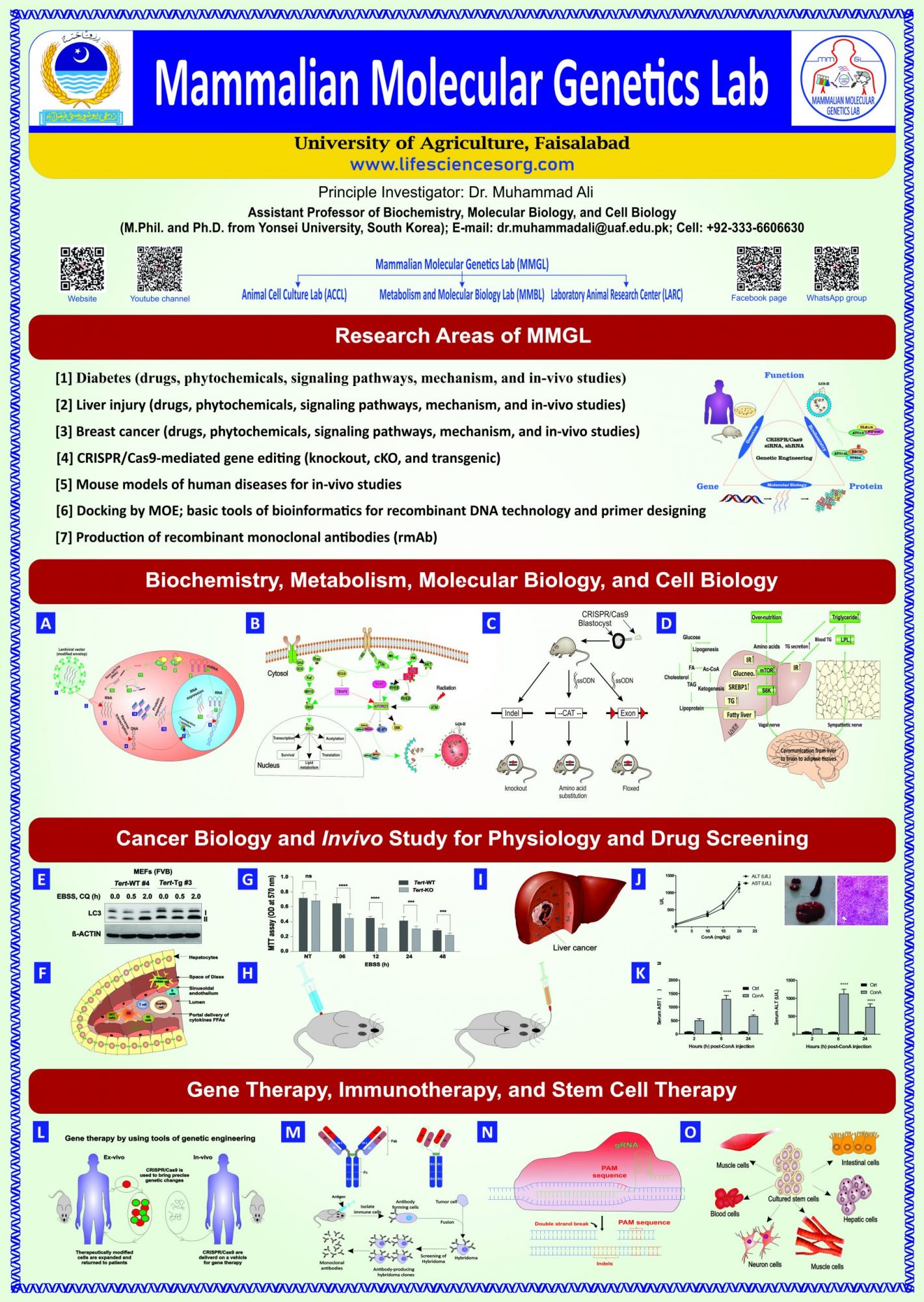
Brief introduction:
Dr. Muhammad Ali completed his M.Phil. and Ph.D. from Yonsei University, Seoul, South Korea with specialization in Biochemistry, Molecular and Cell Biology. His research interest lies in finding the cell-signaling pathways responsible for diabetes and breast cancer. He studied TERT-mTORC1- p70S6K signaling axis to check cell survival under amino acid starvation. Moreover, he performed functional studies on EI24-MAPK/ERK signaling pathway to check potential target for the treatment of breast cancer. The pathways are activated in cancer, and there is not much success in the previously devised targets/drugs. To understand these signaling pathways, he uses tools of genetic engineering (CRISPR/Cas9, TALEN), RNA interference (shRNA, siRNA), and protein interaction (Co-IP, Western blotting, ICC, IHC). He is an expert in performing many techniques of Molecular & Cell Biology. He is also capable of performing invivo experiments
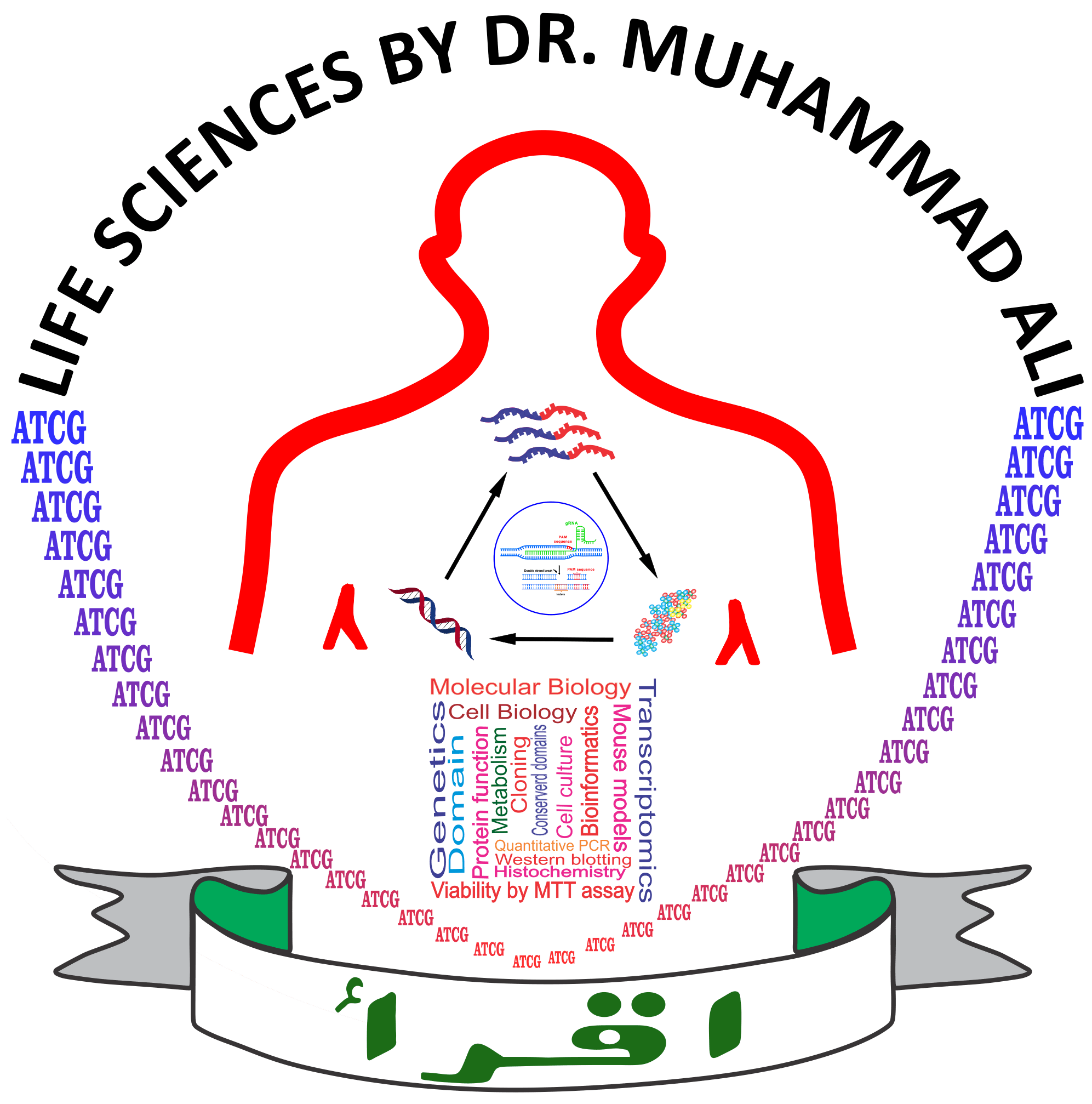
Comments are closed.